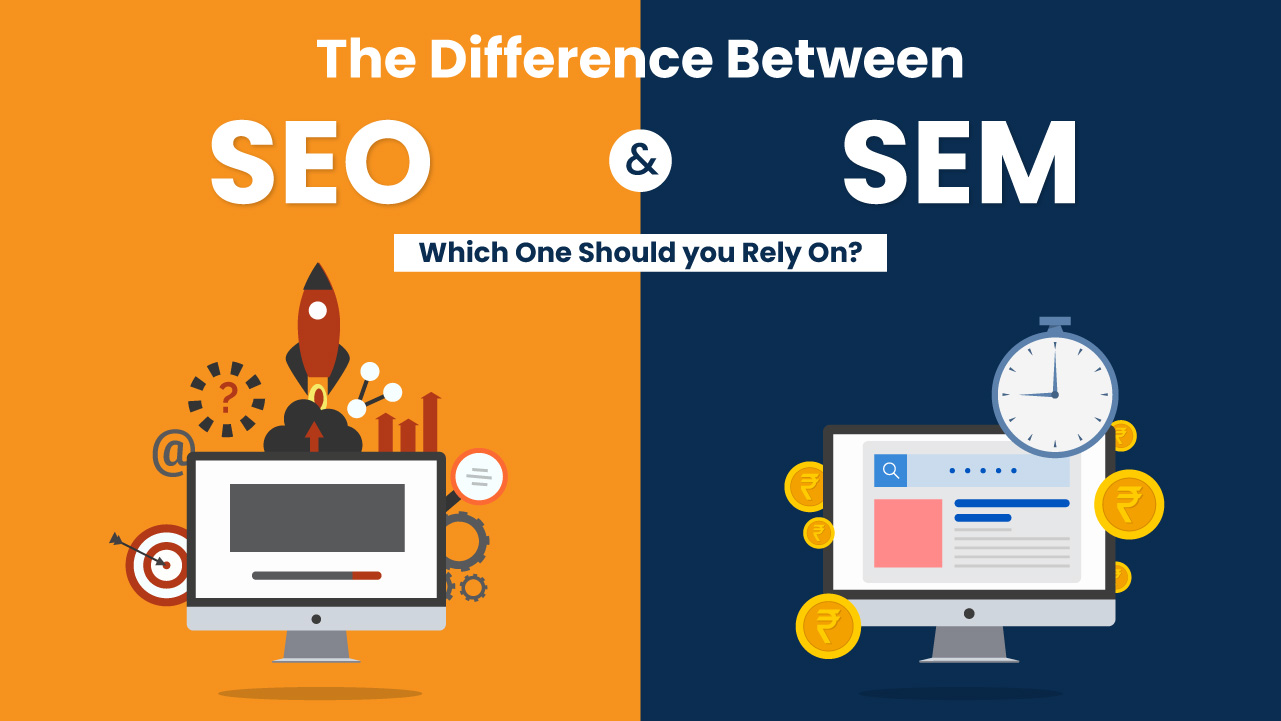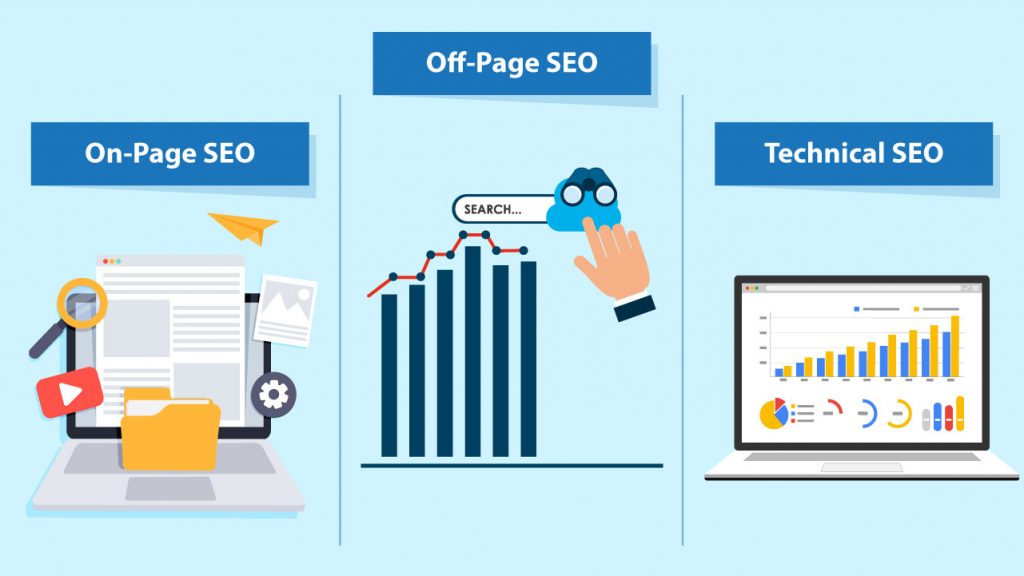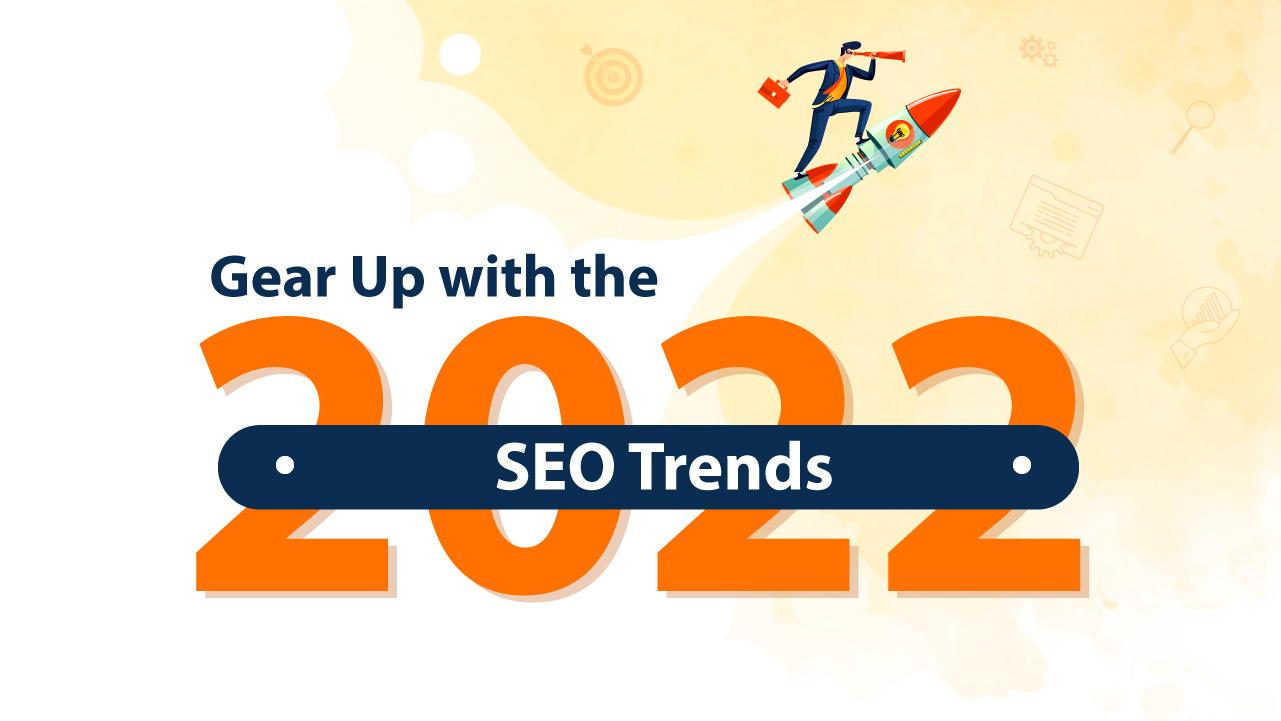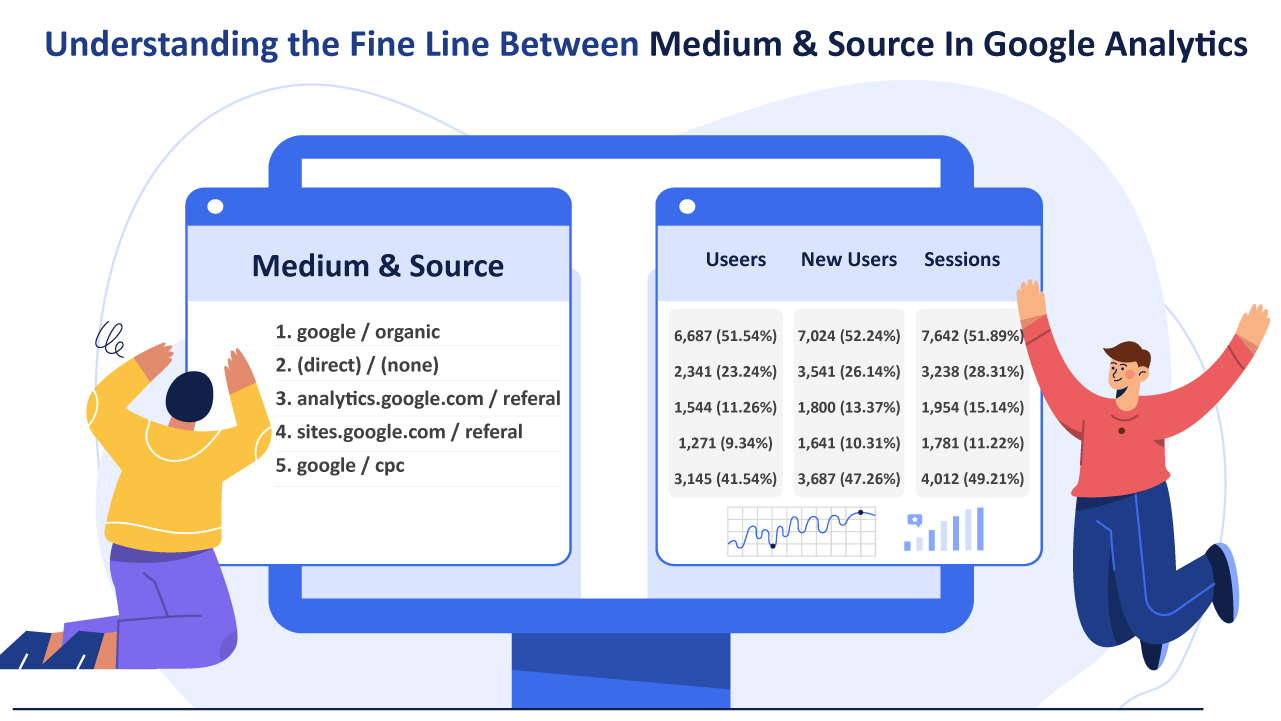The Difference Between SEO and SEM: Which One Should you Rely On?

POV: You’re in a pickle.
It’s the middle of summer and you’ve got your groceries stacked up. But your fridge is hardly cooling anything at all.
What do you do?
I’m guessing you reach out to your phone in a moment of frustration and search for a good refrigerator online.
This should come as no surprise, but 80% of consumers search for their desired products online. This means, that if you were selling a service or product, you’d want them to see you there.
How does that happen?
Two words- SEO and SEM.
What do these terms mean and what is the difference between SEO and SEM?
Well, let’s start with SEO first.
How does SEO work?
SEO stands for Search Engine Optimization. It is the process of attracting quality traffic to your website.
Quality traffic includes people who are actively seeking the products or services you have to offer.
In the example given above, an electronics shop owner would use SEO to turn up searches that look like- “electronic shops near me” “best refrigerator in India” or “price of XYZ refrigerator”
Types of Search Engine Optimization
Several practices that fall under the broad umbrella of SEO-
- On-Page SEO
- Off-Page SEO
- Technical SEO
On-page SEO relies on what your website pages say. It relies on keywords, strategy, and quality content.
Off-page SEO is the process of building your authority on the search engine using methods like link building.
Technical SEO is the optimization of URL, structured data, site speed, and site map.
How does SEM work?
When you do look for something on a search engine, you’ll find some results are marked as ‘ads’. Business owners bid on certain keywords and queries. When a user searches for these terms, their advertisements appear alongside other results.
Marketers or business owners tend to bid for the keywords they are targeting. Based on the highest bid and the quality of the ads themselves, these ads will appear on search results.
This is a great way to get noticed by your target audience.
Types of Search Engine Marketing
Primarily, there are two types of ads in search engine marketing-
- Text-based advertisements
- Visual-based advertisements
What are the Key Differences Between SEO and SEM?
On the surface, both these methods appear similar-
- They are used to leverage search engines in your marketing strategy.
- The aim of both these methods is to drive traffic to your website or web pages.
- Also, both of these methods rely on understanding the consumer journey, their mindset, and keyword research.
But they are fundamentally different. These are the key differences between SEO and SEM-
Paid and Unpaid
SEO is deemed the most cost-effective way to market your services. This is because unlike social media posts or even SEM ads, SEO efforts provide longevity and do not require any monetary investment. It’s tactical and highly beneficial.
SEM comes with a cost and is part of paid marketing.
Time Factor
SEO does not cost money, but it certainly demands patience. SEO efforts compound over time and show results slowly. This means it can take a few months to see the progress you’ve made when you’re relying on SEO strategies.
SEM on the other hand provides instant results due to its paid nature.
The other differences between SEO and SEM are as follows-
- SEM ads are labeled as ‘ads’ while SEO is not. This may affect the consumer’s perception of the results
- SEM results appear as feature ad snippets while SEO results appear as feature snippets.
- SEO trends to add value to the website in the long run. SEM provides quick results but is short-lived.
Does this mean SEO is better than SEM or vice-versa?
No. These methods cannot be pitted against one another. They are different branches of marketing and offer diverse solutions. Generally, a combination of both SEO and SEM is advised when a business is looking to grow online. One provides time-effective and impactful results while the other provides authority and value to your business proposition.





